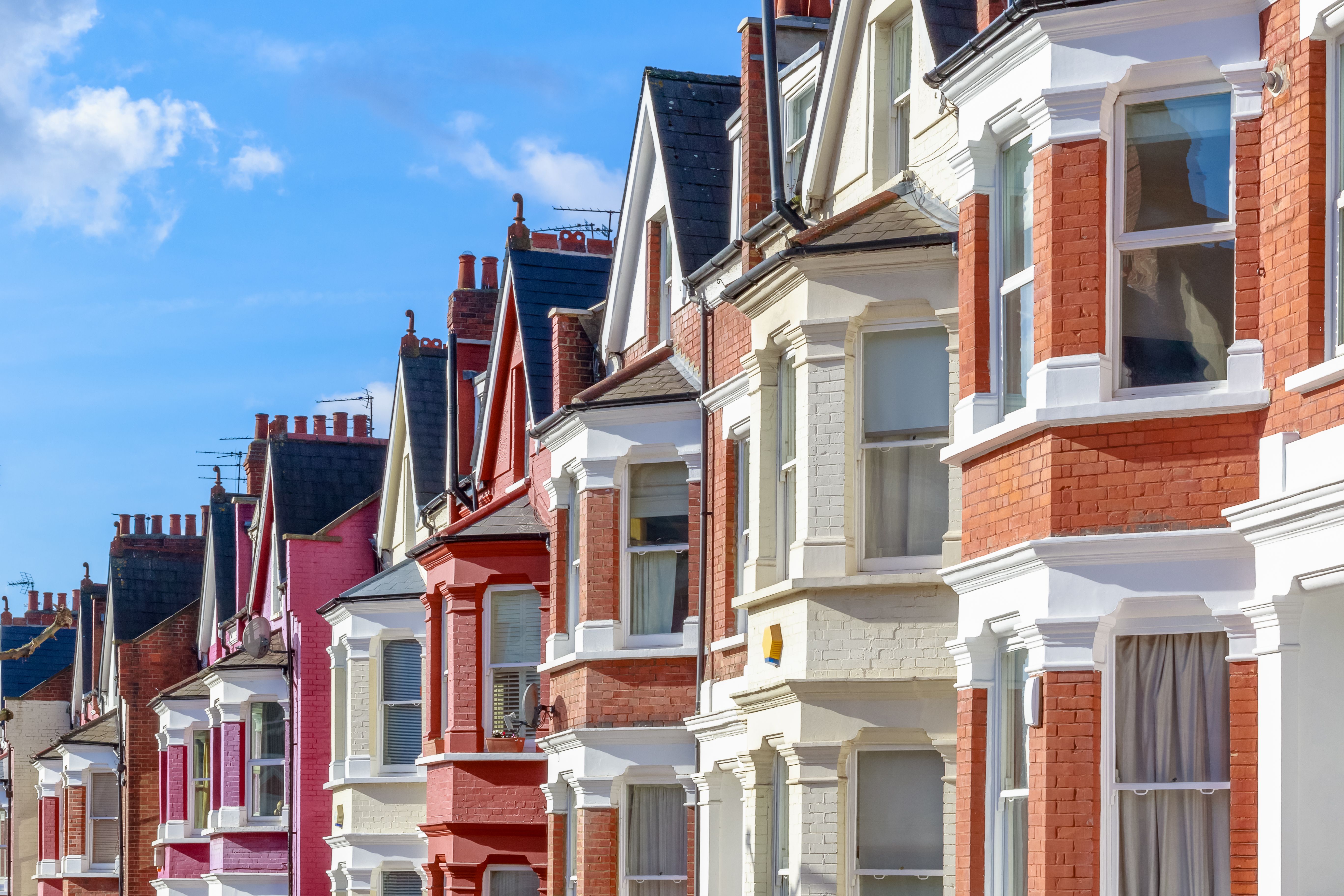
House prices slipped by 0.1% in July, posting their the first fall since last June, according to the latest Halifax house price index, which divides property professionals on whether the housing market is about to hit the buffers, or whether it will continue to defy the cost of living crisis.
The lender’s data comes a day after the Bank of England’s Monetary Policy Committee hiked interest rates by 50 basis points, lifting the rate to 1.75%, the highest in 27 years.
The move is a bid to fight rising inflation, which the central bank predicts will hit 13% before the end of the year, by which time it expects the UK to fall into recession. Inflation stood at 9.4% in June, driven by rising energy and other costs.
The MPC minutes said: “The UK is now projected to enter recession from the fourth quarter of this year. Real household post-tax income is projected to fall sharply in 2022 and 2023, while consumption growth turns negative.
Garrington Property Finders managing director Nicholas Finn says: “The property market has remained remarkably unfazed by the cost of living crisis throughout this year, but it couldn’t last. The Bank of England is effectively telling buyers they can count on a recession next year and this changes everything.
“Until now, first-time buyers have been rushing to get on the property ladder for fear that higher rates would sabotage them, even if they did have the necessary deposit. Everyone else has been locking in low rates while they can. Lockdown savings, relatively affordable mortgages and low supply have helped underpin prices, but they are not insurmountable tailwinds when affordability is at historic lows.
“At some point, buyers will come to the conclusion that chasing the market isn’t worth it. It’s incredibly difficult to predict when that moment comes but, with [Bank of England governor] Andrew Bailey not mincing his words and disposable incomes collapsing thanks to the energy and cost of living crisis, it may well have arrived.”
Dashly.com founder Ross Boyd adds: “Forget tailwinds, it’s all about headwinds from now on. July’s house price index, which suggests a still robust property market, is largely irrelevant after yesterday’s sombre statement from the Bank of England. All eyes now are on what’s coming next and if the Bank of England is proved right, it isn’t pretty.
“The property market simply will not escape the next year or two unscathed. Rising rates and terrifying forecasts from the Bank of England will make people even more cautious and cool demand, which will put downward pressure on prices.
“We expect the property market to continue to cool throughout 2022 and into 2023. For people who are currently locked into some of the lowest mortgage rates ever, the rate shock when they remortgage will be extreme. The pending remortgage crunch will significantly add to the cost of living crisis and put further pressure on household finances.”
Hargreaves Lansdown senior personal finance analyst Sarah Coles says the Halifax data “is a clear indication that the market is cooling, and it’s not the only one”.
Coles adds: “Mortgage approvals fell again in June, and are below their pre-pandemic levels. Approvals are a good measure of our enthusiasm for buying over the coming months, so we can expect demand to fall back. HMRC figures, meanwhile, show that sales had already fallen in June – making it the slowest June in nine years – so the market is increasingly sluggish.
“However, we shouldn’t lose sight of the fact that annual house price rises are still in double-digits, so we’re paying £30,000 more on average for a home than we were this time last year. The level of demand has now dropped back, and according to Rightmove, more properties are coming up for sale – but there’s still a massive imbalance of supply and demand, which is keeping prices elevated.”
But other professionals say other factors will buoy the housing market.
Chestertons managing director Richard Davies says: “We have seen a clear uplift in the number of viewings and the number of buyers registering with our branches in July. This increase in market activity suggests that, despite economic challenges and the changes to mortgage rules, buyer appetite remains on an upwards trend.
“One driving factor behind house hunters wanting to move sooner rather than later are interest rates. With the Bank of England putting up rates more than once this year, many buyers have established a stronger sense of urgency.
“Another reason that drives buyer enquiries is that the market is seeing a post-pandemic reshuffle. After many house hunters put their search on hold or changed priorities over the past two years, we have since been registering enquiries from families wanting to finally make their move a reality as well as international students, international buyers and office workers who require a pied-à-terre closer to work again.
“Although demand still outweighs supply, there have been 8% more properties available for sale in July compared to June. Looking ahead, and in the event of more properties coming onto the market, buyers may benefit from less drastic increases in property prices.”
The Guild of Property Professionals chief executive Iain McKenzie adds: “When we’ve become so accustomed to seeing house prices rocket every month it would be easy to get overexcited about this unfamiliar dip.
“The truth is that the housing market has shown itself to be resilient to the wider struggles of the economy, and this decrease is likely to herald a slight cooling off in prices rather than anything more dramatic.
“Yesterday’s interest rate rise is yet another factor slowly applying the brakes to the market, adding to the pressures from the cost-of-living crisis and challenging price-to-income ratios.
“The fundamentals of the market remain strong, however, and there is still a huge imbalance between demand for properties and the number being offered for sale.”



